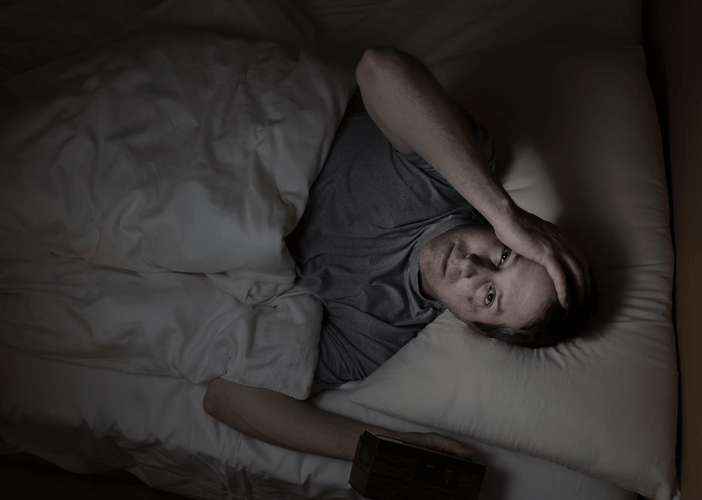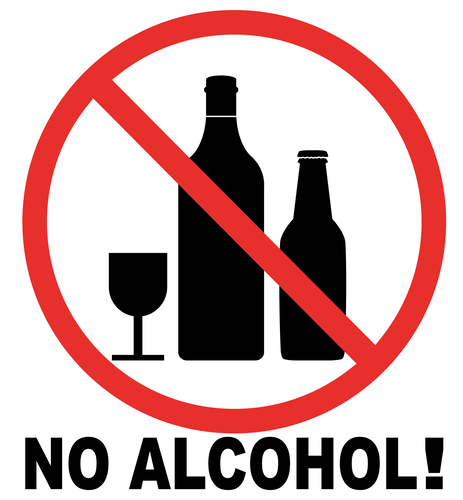They combine introspection with group support, empowering you to articulate your recovery progress and feel validated by others on similar journeys. Goal-setting and Sober living house accountability partnerships are highly effective in recovery treatment programs like an intensive outpatient program. They build commitment to recovery, foster mutual support, and enhance motivation. Substance abusers who engage in regular physical activity enjoy several health benefits and have a significantly reduced risk of relapse.

Mindfulness Exercises
- Ask the members to visualize happy images such as a family trip to a lighthouse on the bay.
- This session educates members on balanced diets, the importance of nutrients, and how dietary choices can positively impact mood, energy, and overall well-being.
- With modern technology, support groups can now be held in person, online, or through a hybrid approach (with some attendees in person and some online).
- Browse our directory or reach out to the Substance Abuse and Mental Health Services Administration (SAMHSA) for more information about addiction recovery.
Group therapy is a common approach used in the treatment of substance use disorders. With a plethora of research supporting its effectiveness, Counselors can effectively use this form of https://ecosoberhouse.com/ treatment within an addiction treatment program to support their clients. Yoga and movement therapy can reduce stress and improve physical and mental health. Members practice basic yoga poses and stretches to help connect mind and body, fostering relaxation and enhancing mood.
- The study used the SF-36 questionnaire to collect data and analyzed it using analysis of covariance (ANCOVA).
- Cooking is a therapeutic activity, offering a sense of accomplishment and self-sufficiency.
- Building skills, fostering connections, and promoting emotional well-being are some of the best benefits that addiction recovery group activities offer.
- The Association for Specialists in Group Work created best practice guidelines for group work and guiding principles.
Addiction Recovery Group Activities
Group substance abuse group activities sessions can allow members to work through challenging emotions such as shame and guilt. Listening to what other members share can provide a sense of validation and normalcy for members who may have thought that they were alone, or wrong for feeling as they do. This activity helps members explore qualities, interests, and values that define them beyond addiction, encouraging them to embrace a new, healthy identity. In this open discussion, members discuss the importance of forgiving themselves and others, allowing them to let go of resentment and cultivate a supportive, forward-focused mindset. Vision boards offer a creative way for members to visualize their goals and dreams. This activity involves crafting boards with images and words representing their future aspirations, helping to reinforce their commitment to a purposeful, substance-free life.
Types of Art Therapy

These activities build confidence, enhance communication skills, and empower individuals to prioritize their recovery goals. In essence, substance abuse group activities for adults serve as more than just therapeutic interventions; they become moments of connection, growth, and celebration. Through these shared experiences, individuals in recovery find strength, resilience, and a renewed sense of hope on their journey towards healing. The program here at Two Dreams focuses on the improvement of one’s life through the achievement of mental peace, physical well-being, and personal productivity. We particularly emphasize mindfulness, the concept of intentionally paying attention, and being present in the moment with compassion, with acceptance, and without judgment.

With expertise across diverse niches—including mental health—she crafts messages that resonate with target audiences. With a package of cheap, simple Halloween masks, or even masks cut from construction paper, you can offer a great activity to foster deep conversation. Have each person write adjectives on the outside of the mask that pertain to how they believe they’re perceived. They may be surprised to see how others react to some adjectives on the outside of their masks – maybe their opinions on how others see them are skewed. Group treatment exercises are easily adaptable to the unique requirements of each participant. This type of group activity allows individuals to try out responses and actions they will take during a specific situation and practice out loud.


